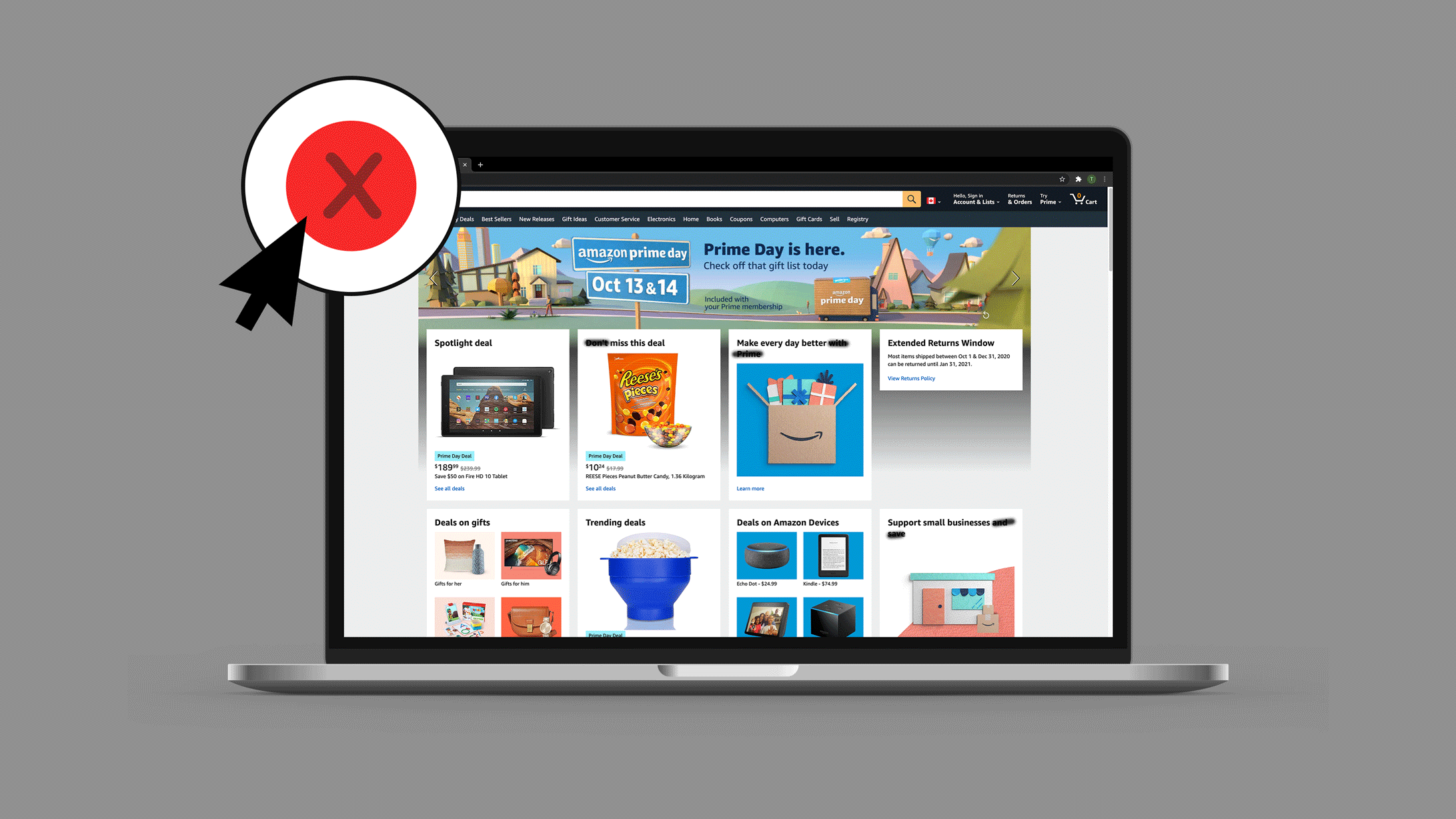Companies like Amazon are winning the game of Monopoly, and it’s time we learn how it’s played
“Here’s the thing about those discount suppliers. They don’t care. They come in, they undercut everything, and they run us out of business. And then, once we’re all gone, they jack up the prices. It’s bad.”
Sound familiar? It’s only the soundest thing that The Office’s fictional character Michael G. Scott ever said in his life. It’s also the basic premise of the children’s game Monopoly, as well as a legitimate business model in this capitalist, free market.
It’s happened over and over, where a mega monster corporation siphons away business to create a monopoly with the allure of convenience, savings, and efficiency. Then, once they control the market, they price gouge their customers. We as consumers enjoy short-term gains, and are left with long-term pains.
We do have a vote in Canada — but in this system, we don’t vote with a ballot, we vote with a wallet. Instant gratification is not priceless. It’s the most expensive thing in the world, and every time we buy our groceries from Amazon, we’re fortifying the illusion that we need its service.
That’s right, this is about Amazon, and why it’s up to every single one of us to use our one vote — our purchasing power — to boycott them.
Bernie Sanders made waves depicting why Amazon is an immoral service. Amazon responded by tweeting an invitation to Sanders to visit their facilities and verify their efforts in safety, and listing those efforts to minimize the fatality of the pandemic.
On #PrimeDay, let’s not forget. During the pandemic, Jeff Bezos became $97 billion richer by increasing prices by up to 1,000% on essential items and denying hazard pay and paid sick leave to over 450,000 of his workers. It’s time to break up Amazon and tax the rich.
— Bernie Sanders (@BernieSanders) October 13, 2020
Truth is, it’s common knowledge that you, reader, likely paid a higher tax rate than Amazon did last year. Amazon has plowed through scandals with brazen inaction. Their scandals leap from dangerous working conditions for their warehouse workers and delivery drivers, to their efforts to suppress workers unionizing, to the massive waste they create. I’ve gotta hand it to Amazon, they’re nothing if not versatile in their crap behaviour.
We’re in a system that’s rigged. It’s important that you know that the only thing that matters, more than blog rants, more than voting, even, is where you spend your money (but still vote). That’s literally it. When you withhold your money, you withhold purchasing power to large corporations that seek to further their interests. Oftentimes, this profit is used to apply political pressure on governments who then act against the people’s best interest. These corporations pay for ineffective governance with our money.
I’m saying buy smart. Buy local. Buy second-hand. Buy from a friend. Shop through word-of-mouth. And if you really need to buy online, let me show you how to use Amazon without paying for it, completely legally.
Step 1. Let’s say I’m shopping for scented candles. Start by typing it into your search engine.
Step 2. Select the inevitable Amazon link to browse their selection of scented candles.
Step 3. Select the item you prefer. In this case, I’m going with a Yankee Candle, because my dad’s name is Yankel, and it spoke to me.
The distributor (Yankee Candle Store) and product name (Midsummer’s Night) are readily available on this page.
Step 4. Copy the distributor and product name and paste it into your search engine. Scroll past the Amazon thirst traps, and select the distributor’s website.
Step 5. Click the link and make sure to search for any coupons or promotions the distributor may be offering. This is really common because Amazon is gouging these companies, and so these small retailers try and incentivise shoppers to go directly to their website.
Step 6. You will see here that the price of the candle is $29.50, whereas Amazon charges $27.62. However, in the fine print, you see Amazon charges to ship (if you don’t hit the minimum amount for free shipping,) whereas the direct distributor charges a mere $5.99, leveling out the cost in the end.
This is just one example, and in the end it won’t always be such a small margin of savings. We have to keep in mind that Monopoly is no longer a day-long children’s game. We’re not playing with our siblings, and we’re not playing for bragging rights. We’re playing for our livelihood, and we’re losing.
Feature graphic by Taylor Reddam
